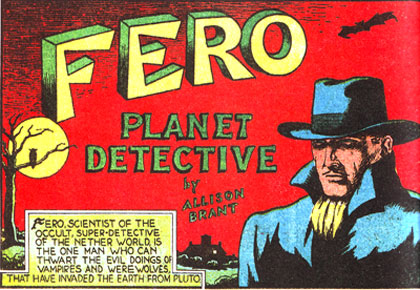My Philosophy: Mind and Manners post provoked good discussion but left certain things unsaid. Let me say something more that may help the discussion stay on a generally useful track. I mentioned in passing in that post that, while there were things that philosophers do, which they regard as conversation-starters, which others regard as conversation-stoppers, which causes confusion, the opposite is also true. There are things other humanists do that they think of as conversation-starters, that strike philosophers as rude and inappropriate, because, to the philosophers, they seem like conversation-stoppers – argument-stoppers. (In philosophy, there is hardly a distinction between conversation and argument, after all.)
But first let me back up a bit. What I was talking about in that post was a tendency for a certain style of ‘but it’s your central premise just false?’ question to be taken amiss by outsiders. Let’s be precise about this: the problem is that outsiders take these questions to express deep contempt – ‘I challenge you to prove you are not an idiot, and I very much doubt you will succeed. I am going to shame you in the eyes of everyone here today.’ But to philosophers themselves, this style of question is normal and perfectly consistent with mutual respectfulness (although, of course, it is also consistent with contempt – a thing unknown to the troglodytes of the philosophy cave by no means! yet it is not a dark fungal growth peculiarly indigenous to the philosophy cave. Am I making myself clear?) [click to continue…]

